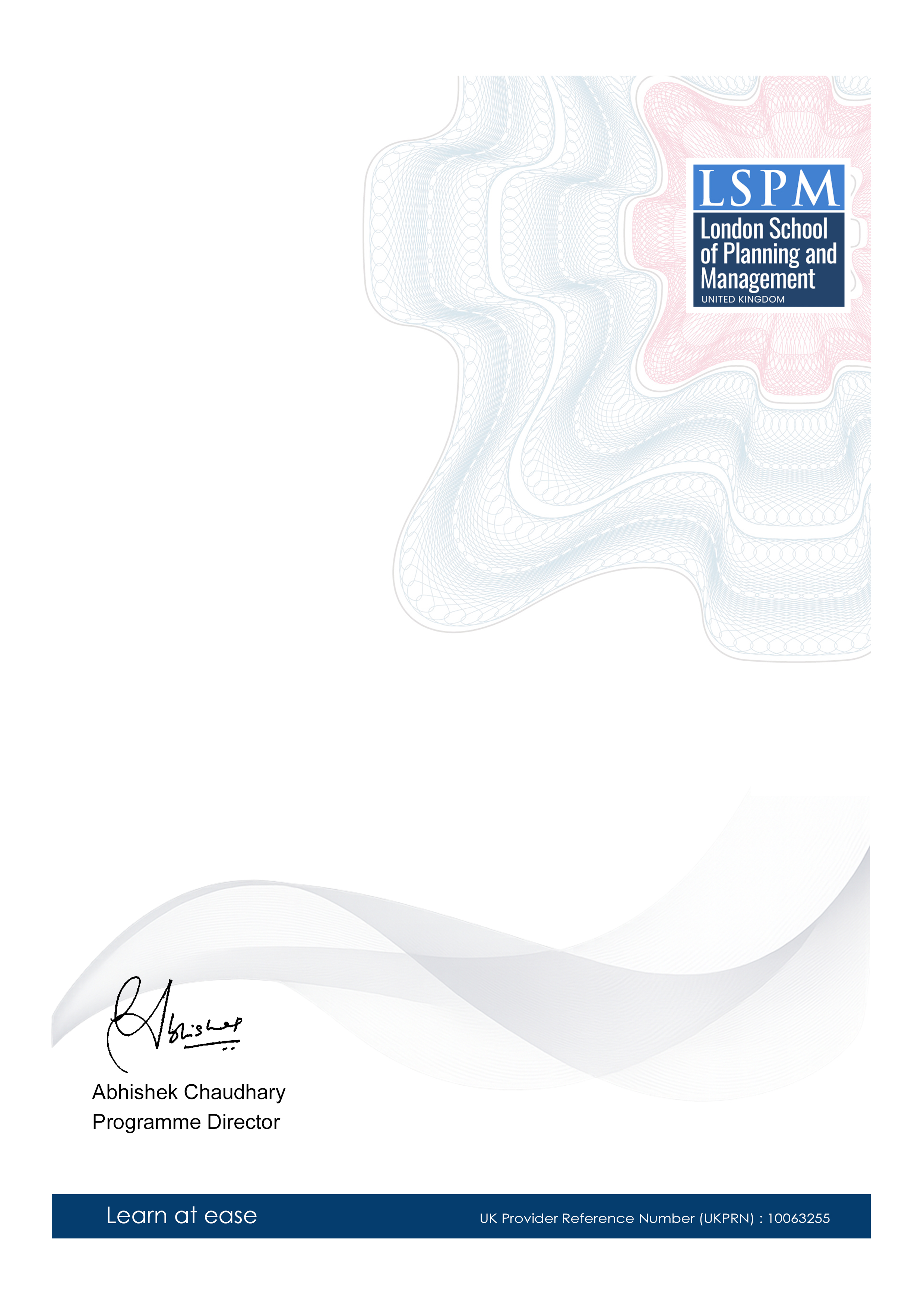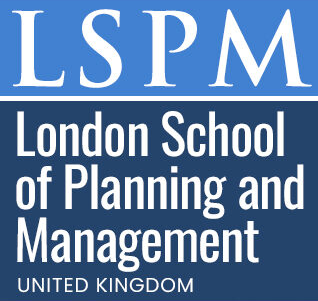Professional Certificate in Crisis Management for Humanitarian Projects
-- viewing nowThe Professional Certificate in Crisis Management for Humanitarian Projects is designed for individuals who want to develop the skills and knowledge necessary to effectively manage crises in humanitarian settings. This certificate program provides a comprehensive understanding of crisis management principles, techniques, and best practices, with a focus on real-world applications in emergency relief, disaster response, and conflict resolution.
3,701+
Students enrolled
GBP £ 149
GBP £ 215
Save 44% with our special offer
About this course
100% online
Learn from anywhere
Shareable certificate
Add to your LinkedIn profile
2 months to complete
at 2-3 hours a week
Start anytime
No waiting period
Course details
Career path
Professional Certificate in Crisis Management for Humanitarian Projects
The Professional Certificate in Crisis Management for Humanitarian Projects is a comprehensive program designed to equip learners with the skills and knowledge necessary to manage crises in humanitarian settings. The program covers topics such as disaster response, conflict resolution, and emergency management. Upon completion of the program, graduates will be able to apply their newfound skills to real-world situations, making a significant impact on people's lives.
Job Market Trends
The demand for professionals with crisis management skills in humanitarian projects is on the rise in the UK. According to recent studies, the job market for these professionals is expected to grow by 10% in the next five years. This growth is driven by an increasing number of natural disasters and conflicts worldwide, which require skilled individuals to manage the resulting crises.
Salary Ranges
The salary range for professionals with crisis management skills in humanitarian projects varies depending on factors such as experience, education, and location. However, according to Payscale, the average salary for these professionals in the UK is around £45,000 per year. This is competitive with other related fields such as emergency management and disaster relief.
Skill Demand
The most in-demand skills for professionals in crisis management for humanitarian projects include effective communication, leadership, decision-making under pressure, and the ability to work in diverse teams. These skills are essential for managing crises effectively and ensuring the well-being of those affected.
Career Roles
There are several career roles available for professionals with crisis management skills in humanitarian projects. Some of these roles include:
- Emergency Response Coordinator: Responsible for managing emergency response teams during crises. They ensure that response efforts are effective and efficient, and that they meet the needs of those affected.
- Humanitarian Aid Worker: Works to provide aid and support to communities affected by crises. They may work with local organizations or international aid agencies to deliver aid and support.
- Disaster Risk Reduction Specialist: Works to identify and mitigate risks associated with natural disasters and conflicts. They develop strategies to reduce the impact of these events on communities and ensure that they are better prepared to manage crises when they occur.
These are just a few examples of the career roles available for professionals with crisis management skills in humanitarian projects. With the growing demand for these skills, there are many opportunities for individuals to make a meaningful impact in this field.
3D Pie Chart
To visually represent the job market trends, salary ranges, and skill demand for professionals in crisis management for humanitarian projects, a 3D pie chart is included below. The chart shows the breakdown of these factors and provides a clear picture of the current landscape of the field.
Entry requirements
- Basic understanding of the subject matter
- Proficiency in English language
- Computer and internet access
- Basic computer skills
- Dedication to complete the course
No prior formal qualifications required. Course designed for accessibility.
Course status
This course provides practical knowledge and skills for professional development. It is:
- Not accredited by a recognized body
- Not regulated by an authorized institution
- Complementary to formal qualifications
You'll receive a certificate of completion upon successfully finishing the course.
Why people choose us for their career
Loading reviews...
Frequently Asked Questions
Course fee
- 3-4 hours per week
- Early certificate delivery
- Open enrollment - start anytime
- 2-3 hours per week
- Regular certificate delivery
- Open enrollment - start anytime
- Full course access
- Digital certificate
- Course materials
Get course information
Earn a career certificate

